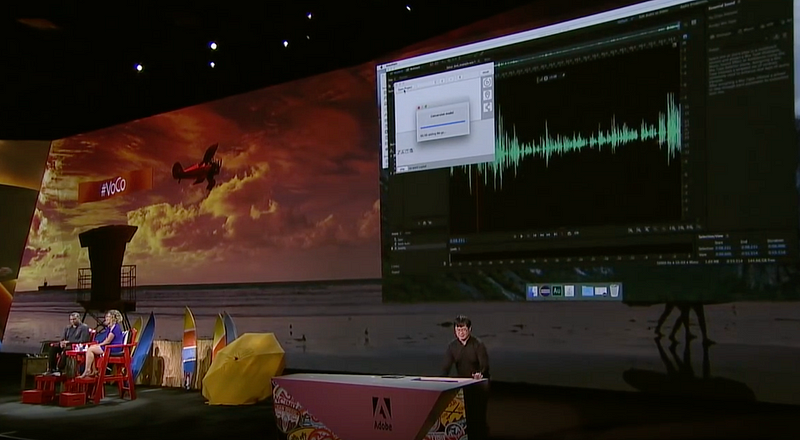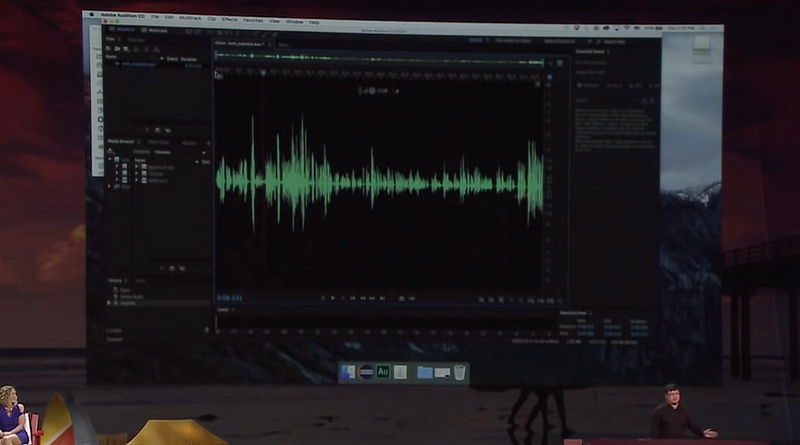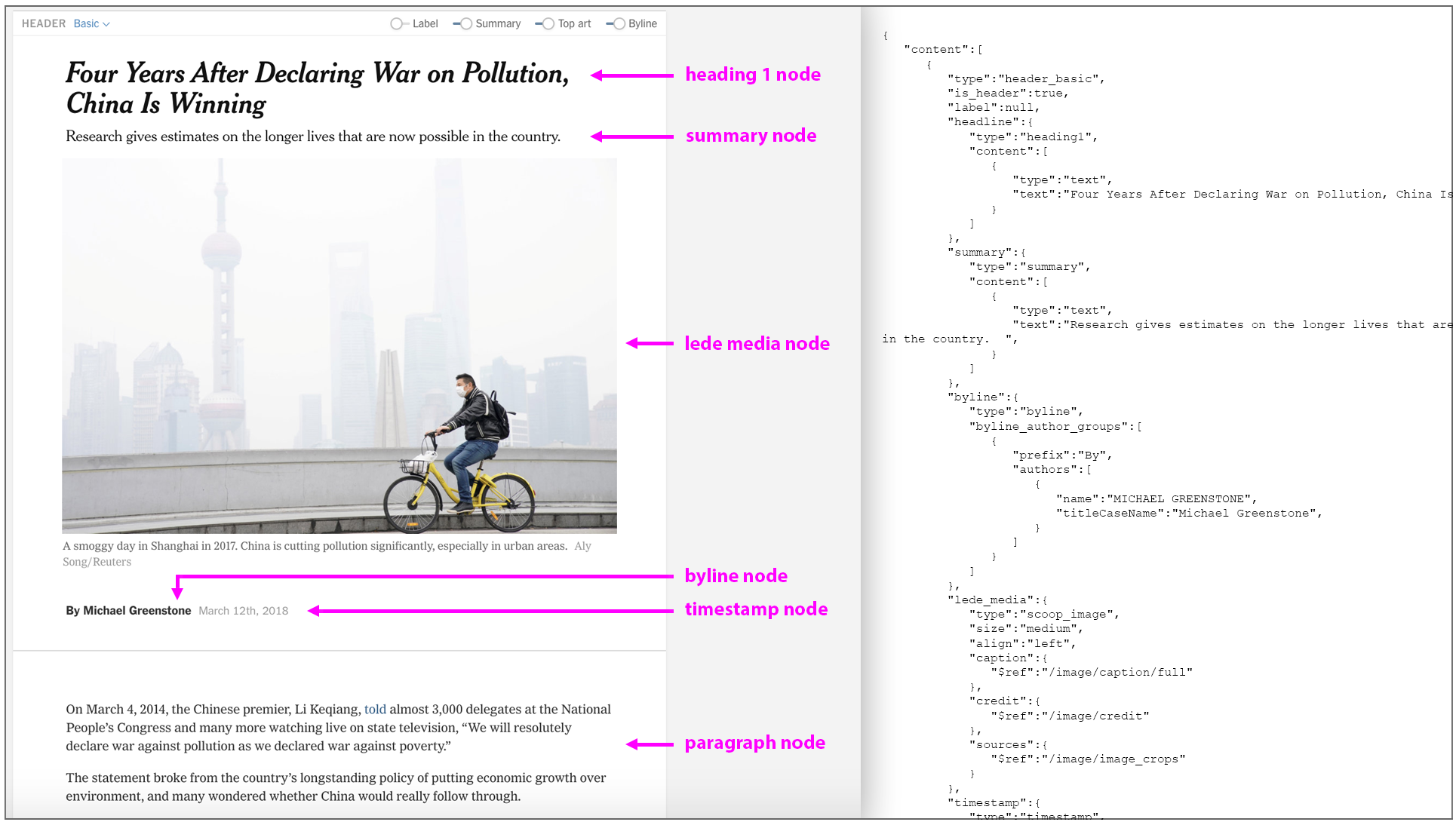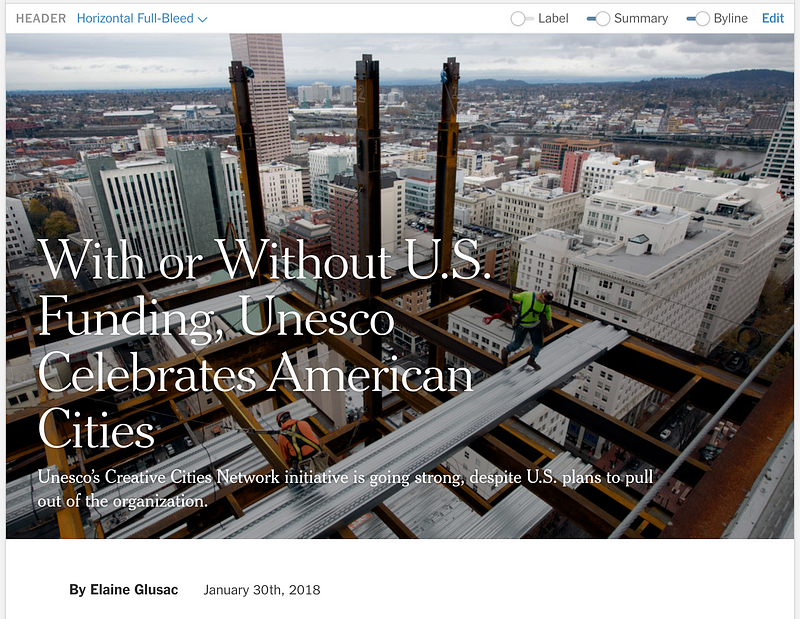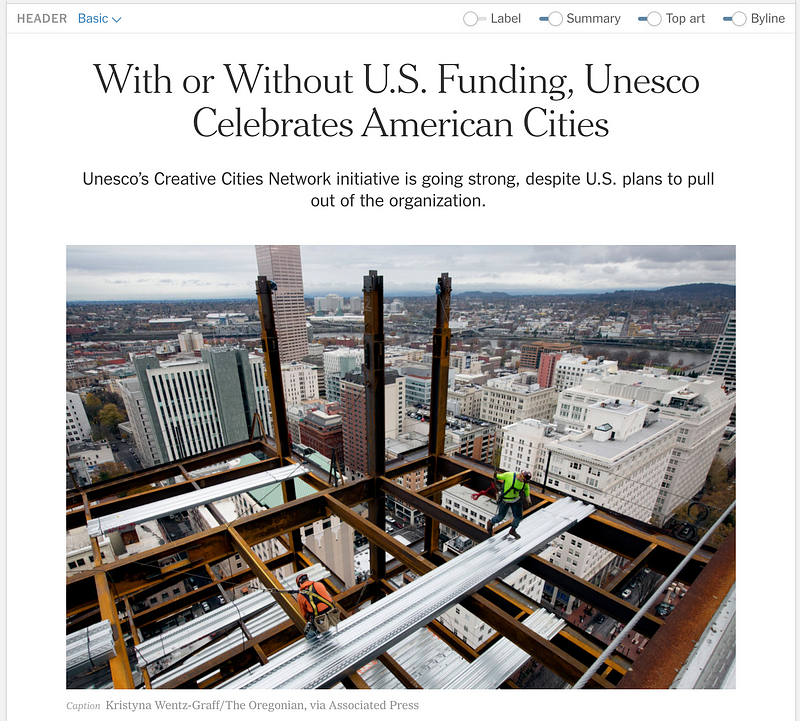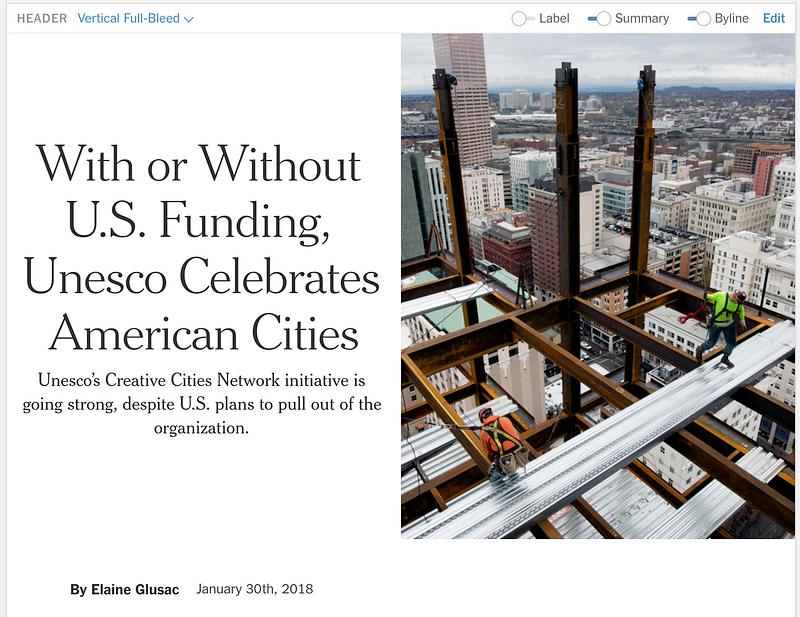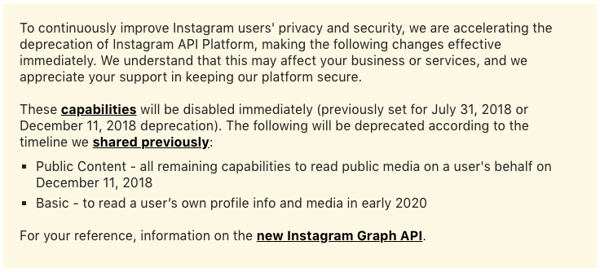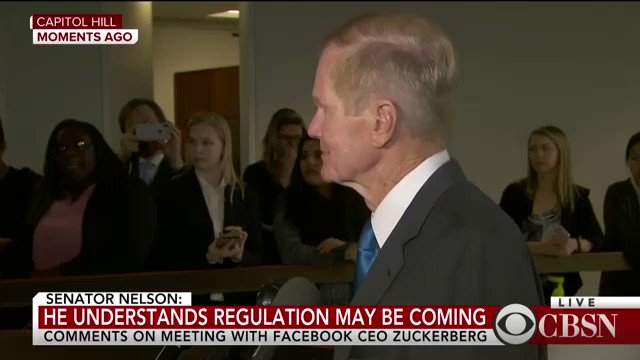That was one of the biggest takeaways of Facebook CEO Mark Zuckerberg’s appearance on April 10 before both the Senate Committee on the Judiciary, and Senate Commerce, Science, and Transportation Committee to discuss data privacy and Russian disinformation. And this is especially so when ignorance on the political side allows the chairman and chief executive officer of Facebook to look like a helpful and earnest young’un who just wants senior citizens to be comfortable in the oh-so-confusing and complicated digital age.
Sadly, these illustrative headlines aren’t clickbait:
“‘Senator, I Think We Already Do’: Zuckerberg’s Interrogation Turns into Tech Support” (Vanity Fair)
“Lawmakers seem confused about what Facebook does — and how to fix it” (Vox)
“A Bunch of Senators Just Showed They Have No Idea How Facebook Works. They Want to Regulate It Anyway” (Reason)
Much of the conversation during the hearing was disappointing political theater, because the inquiry itself had a terrible structure. Design, in technology and procedure alike, can confer power to some and take it from others. So, what happens when you give a group of senators less than five minutes each to ask questions in the course of a single day and every reason to personally grandstand with little incentive to interrogate collaboratively and build upon one another’s concerns? Apart from outlier superstars, like California Senator Kamala Harris’s round of questioning — voilà — a preordained result with “no room for follow-ups, no chance for big discoveries and many frustratingly half-developed ideas.”
The scorecard has been well documented, and the record clearly reflects who did what and who should have done more. But what we should give further thought to are the powerful public reactions people felt while the drama unfolded and the conflicts they experienced about how to express them.
There has been plenty of powerful and insightful reporting and shared opinion on Zuckerberg’s testimony, and the credible sources I’ve been reading aren’t pulling punches in demanding accountability. Crucially, none have resorted to mockery.
It was a different story on Twitter, though, when people were reacting to the hearing in real time. There was serious debate over whether it’s appropriate for reporters to shame members of Congress for knowing so little about technology.
(I’m not going to insert tweets or hyperlinks to them. Yes, I know it’s a commonplace practice and a simple way of illustrating your point. But cherry-picking tweets risks distortion by taking them out of context — violating their contextual integrity. And doing so without asking the authors for permission threatens their privacy by obscurity. So I’m just going to contextualize the remarks expressed there. If you want to do your own fact-checking, you can search Twitter. In my opinion, the added transaction cost, small as it is, makes all the ethical difference.)
Team Civility
There are good reasons to support the folks who were upset over politicians not knowing enough about technology, but who insisted, nevertheless, that the concerns be expressed politely. Conversations about moral failings are themselves morally appraisable since they are first and foremost about people. Arguably, even if members of Congress deserve to be strongly rebuked for being unprepared civil servants, they still are worthy of being corrected in a manner that conveys a modicum of respect, because they aren’t just politicians, but human beings, too.
From this perspective, members of Congress are inherently fallible, just like the rest of us, and worthy of the modest protections that civil discourse offers. Indeed, it could be argued that during a time where trolling and closed-minded outrage is tearing the country apart, it’s imperative to treat the people we disagree with and are disappointed by with a level of decorum to avoid further degrading the public sphere.
This position also has practical support. Nobody likes to be mocked. And so, mocking politicians is a surefire way to give them an excuse to tune out and continue on with their bad behavior.
And let’s not forget that the hearing was taking place for the whole country to watch. Perhaps some of the seemingly ignorant remarks should be viewed in a more charitable way. Clearly, lots of people are unsure about aspects of how Facebook works. The company’s black-boxed algorithms, constantly shifting policies, and questionable terms of service keep so many of us in the dark. Perhaps getting Zuckerberg to publicly explain things that some of us find remedial actually helped improve other people’s digital literacy.
Legal Considerations
Focusing too intently on what politicians don’t know about technology can distract us from other important matters. Danielle Citron, the Morton & Sophia Macht professor of law at the University of Maryland Francis King Carey School of Law,, told me that, yes, mocking lawmakers for lacking technical expertise might underscore that they and their staff writing the questions are not knowledgeable enough to move the debate forward.
“On the other hand, there were some effective points raised, so ‘talking tech’ may be overrated. I was personally stunned at lawmakers’ demonstrated lack of ignorance of the law and legal concepts. Even Ted Cruz, who served as Texas solicitor general, had little to no understanding of Section 230 of the Communications Decency Act,” said Citron. “He suggested that Section 230 was adopted in order to ensure that online services acted like neutral public fora. That is the opposite of what Congress was endeavoring to do — to encourage private actors to block or filter content. And lawmakers took Mark Zuckerberg to task for their own failure to write the Children’s Online Privacy Protection Rule (COPPA) to cover 13 to 16-year-olds. I was not disappointed by their lack of tech savvy but, instead, their legal ignorance.”
The problem of politicians playing fast and loose with the law is just the tip of the iceberg when comes to regulating technology. The loss of institutions like the Office of Technology Assessment has been profound and can’t be made up for by expecting members of Congress to develop expertise in technology. Outputs generated by complex algorithms might very well be beyond the scope of scrutiny by human experts. And, as has been widely remarked, innovation moves quickly, while law is designed to be a slower institution, steeped in tradition and governed by careful deliberation. Outdated conceptions of technology limit the judicial imagination and persist through worn-out metaphors that negatively impact legal reasoning in matters increasingly important to us now, such as robots, cyberspace, and privacy.
The Limits of Politeness
But back to how we express our outrage. The alternative position, that members of Congress should be thoroughly lambasted, also has merits. For starters, members of Congress are public officials and arguably should be held to different standards of discourse than nonpublic figures, who aren’t responsible for matters relating to the public good in the same way. Perhaps discourse ethics is contextual and shouldn’t be applied in cookie-cutter fashion.
“[Politicians] have a duty … to be acquainted with the basic operations of the most powerful forces and institutions that are shaping our nation.”
Think about Alec Baldwin’s satirical depictions of the president on “Saturday Night Live.” You can be a fan without believing it’s acceptable to make fun of everyone. To treat Baldwin’s political commentary the same as presidential candidate Donald Trump mocking a reporter with a disability would be to commit the fallacy of false equivalence.
As a related example, I want to tell you about one of the most memorable experiences that I’ve had as a college professor. One day, an engineering major began his in-class criticism of an assigned article — which was written by a respected professional philosopher — by saying something like, “In this idiotic essay, the author claims…” I questioned whether this was an appropriate way to frame the rejoinder, asking “Wouldn’t it be better to convey your disagreement in a more congenial way, so that if the author were ever presented with your concerns, he would be inclined to take them seriously?”
The answer I received left me nearly speechless. The student explained that during critiques, his engineering professors would convey what he was doing wrong in harsh terms that depicted both the doer and deed in an unflattering light. Instead of finding this treatment insulting or wishing that the fault-finding was more delicately put, the student was inspired by the lack of filter. He more or less said that if the professors had blunted their views with nicer rhetoric, he wouldn’t be constantly sensitized to the gravity of mistakes in his field and would instead be more motivated to work hard to avoid making them. Since the stakes could amount to nothing less than life and death when he graduated, he was sincerely grateful.
The position that mockery is justified can be furthered bolstered by an additional consideration related to the high stakes of failing to regulate Facebook in the right way. Facebook has been repeatedly criticized for its conduct throughout the years, and yet its user base keeps growing. Indeed, Facebook’s stock rose during the hearing, which can be interpreted as a sign that Zuckerberg, not regulators, won the day. (Fortunately, Facebook’s campaign contributions “didn’t necessarily correlate to the hostility of questions asked by the legislators,” as this would be another reason to despair for democracy.)
Thus, it could be said that being polite runs the risk of failing to convey a level of moral outrage that’s appropriate to the situation. Using toned-down rhetoric risks becoming a complicit force that helps normalize the status quo and all of its problems.
I spoke with Shannon Vallor, the William J. Rewak, S.J. professor in the department of philosophy at Santa Clara University, about the situation, since she wrote the definitive book about the relation between technology and virtue.
Vallor thinks we shouldn’t have to resort to public shaming to get our representatives to fulfill their duties, but that it fits into a pattern as constructive channels of civic discourse are shutting down.
“Mockery is not the most constructive response to that failure; in an ideal community of virtuous citizens, we would reproach one another in a less cruel fashion. However, we must admit that our democracy has, in the last few decades, fallen further and further away from the ideals of civic virtue. Our representatives have become increasingly immune to reasoned public critique; many now avoid town hall meetings with their critics, foster public distrust of media voices, and generally fail to engage in any substantive discussion of how well or poorly Congress is doing its job.
“So, with so many of our representatives ignoring the norms and virtues of responsible leadership and civic discourse, it is perhaps understandable that the quality of criticism they receive becomes more crude, desperate, and less constructive.”
We need a new movement for constructive civic debate, Vallor said, and maybe a new kind of public servant as well.
“While we shouldn’t expect our elected representatives to all share a deep knowledge of technical and scientific matters, they all do have a duty to their constituents to be acquainted with the basic operations of the most powerful forces and institutions that are shaping our nation,” Vallor said.
“Especially when they are tasked with regulating those forces and institutions to the degree necessary to protect the public interest.”
Perhaps putting Zuckerberg in the hot seat allowed the U.S. version of democracy on trial more than Facebook. Zuckerberg says he won’t face the music overseas in front of a U.K. parliamentary committee, but what we saw this week raises difficult questions about our lawmakers and ourselves.













